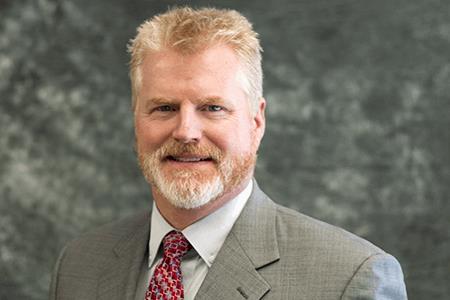What Biopharmas Could Learn About Reinvention — From Outsiders
By Rob Wright, Chief Editor, Life Science Leader
Follow Me On Twitter @RfwrightLSL
 We’re drawn to stories of reinvention. We like them mostly because there’s always an element of high risk involved when deviating from the status quo. Perhaps that’s why I found the stories of John Sculley and David Chang, MD, Ph.D., — both featured in this month’s issue — so compelling.
We’re drawn to stories of reinvention. We like them mostly because there’s always an element of high risk involved when deviating from the status quo. Perhaps that’s why I found the stories of John Sculley and David Chang, MD, Ph.D., — both featured in this month’s issue — so compelling.
Sculley was the president of Pepsi in 1983 when he was recruited by Steve Jobs to be the CEO of Apple, a position he held for 10 years. He reinvented himself as a high-tech CEO and was successful at it. But then, about 14 years ago, he began looking to re-invent himself again, this time in healthcare. He became a founding board member for Rally Health, a wellness startup. He also got involved with Zedsen, a game-changing sensor company; Celularity, a cellular medicine company; and Rx Advance, a platform company looking to disrupt the world of PBMs, to name just a few.
Chang also went through his own manner of reinvention. In 2017, he was the EVP of R&D and chief medical officer at Kite Pharma. When the company got purchased later that year by Gilead for $11.9 billion, Chang could have walked away from the life science industry. Instead, he chose to cofound a new company, Allogene, and enter a role he had never held — CEO. It was risky, but he was willing to take it on because he saw the opportunity the company’s CAR-T therapies could offer patients.
That concept of accepting the burden of risk in exchange for a greater opportunity is also why companies reinvent — or pivot — into new markets. For example, Amazon was a seller of books before it became the seller of … well, everything. And now Jeff Bezos and company have their sights set on reinventing healthcare. Remember when Apple was just a computer company and not the juggernaut it is today that has revolutionized a number of other industries (e.g., cellular phones, entertainment, music)? In fact, it’s now the world’s biggest watchmaker, which makes you wonder how executives at Rolex, Swatch, and Timex feel about Apple’s incursion into “their industry.” Furthermore, the Apple watch has been continuously evolving from a timepiece into a fully enabled preventative-care technology. In other words, Amazon isn’t the only company that sees an opportunity to disrupt healthcare.
In addition to Apple, other giant companies such as Best Buy, Google, and Walmart (to name just a few) are forging ahead with plans to expand into peripheral markets. Think the world of drug discovery and development is too complicated for outsider incursion? Think again. After all, as we continue moving toward precision medicine, gene editing, and various other curative technologies that will revolutionize patient care and treatment options, it isn’t inconceivable that some (if not all) pharmaceuticals could go the way of fax machines, pagers, or any number of other once-useful technologies made obsolete by innovation — from outsiders.
